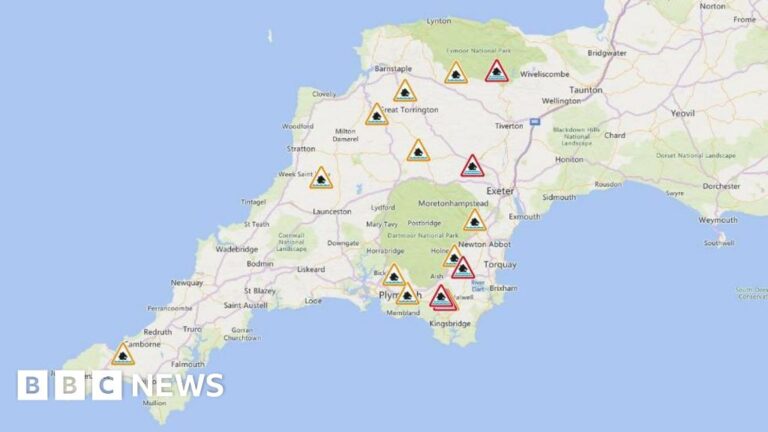Saving Mussels: New Pollution Trials Offer Hope
The decline in mussel populations has prompted scientists to explore innovative water quality monitoring methods. These new trials focus on passive monitoring techniques, offering a more efficient and potentially cost-effective way to assess water pollution. The research holds significant promise for the local communities that depend on healthy mussel populations. Mussels play a crucial role in the local ecosystem, filtering water and providing a habitat for other species. Their decline has raised concerns about the overall health of the water bodies and the potential impact on the local environment. The specific locations targeted by these trials haven't been explicitly mentioned in the source material, leaving room for further investigation into the geographical scope of the research. The scientists involved in this project are likely collaborating with local environmental agencies and community groups to ensure the success of the trials and the wider implementation of the new monitoring techniques. The community relevance is paramount, as the health of the mussel population directly impacts the local ecosystem and potentially the livelihoods of those who depend on it, such as fishermen or those involved in aquaculture. The passive monitoring techniques being developed aim to provide early warning signs of pollution, allowing for prompt intervention and preventing further damage to the mussel population and the broader aquatic environment. The success of these trials could lead to widespread adoption of these techniques, not only in the immediate area but also in other regions facing similar challenges. This would represent a significant step forward in environmental protection and the preservation of biodiversity.









